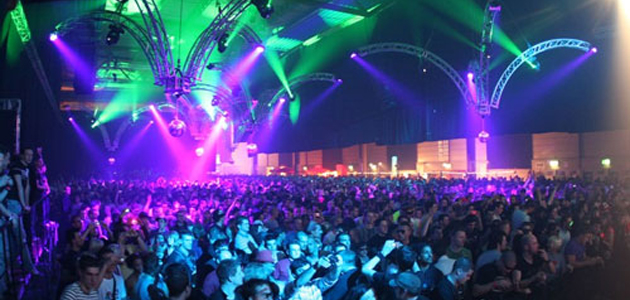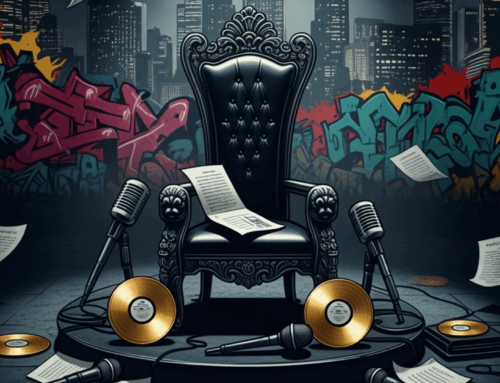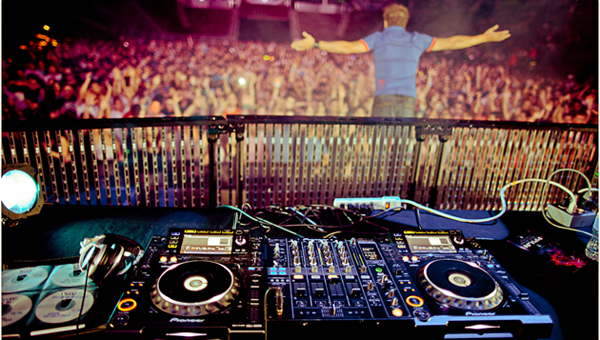 A couple of months ago a friend put it to me this way: DJs are the rock stars of the new millennium. At the time I agreed. The similarities are pretty convincing. Tiesto and Armin command the biggest stadiums that, twenty years ago, were the sole domain of the U2s and Metallicas of the world. DJs jet around the world’s playgrounds and leave the rest of us slack-jawed with jealousy and admiration. They make enormous sums of money doing what we mere mortals can only fumblingly hope to emulate, and they make it all look so easy.
A couple of months ago a friend put it to me this way: DJs are the rock stars of the new millennium. At the time I agreed. The similarities are pretty convincing. Tiesto and Armin command the biggest stadiums that, twenty years ago, were the sole domain of the U2s and Metallicas of the world. DJs jet around the world’s playgrounds and leave the rest of us slack-jawed with jealousy and admiration. They make enormous sums of money doing what we mere mortals can only fumblingly hope to emulate, and they make it all look so easy.
DJ gear these days can be as cheap and accessible as a hocked electric guitar was to your dad, and for every wailing garage band of that era, there’s a kid today in a bedroom somewhere, practicing on a beaten up VCI-300 and dreaming big. And like those garage bands of old, the vast majority of bedroom bangers will eventually fall by the wayside and succumb to getting a real job and selling the decks to the next Avicii-wannabe.
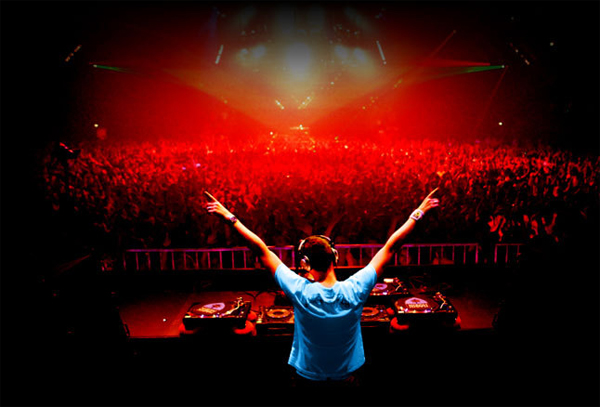
But the more I think about it, the more intricate the comparison between rock stars and DJs becomes. The concept of authenticity is completely different, for one thing. There was no way Marilyn Manson could sell his music for TV ads without sacrificing all his credibility, but David Guetta is everywhere. What was once called selling out – and it was the cardinal sin – is today expected, and not only does it not cost an artist their career, it actually enhances their credibility as a saleable commodity, an artist able to stand above the jangling masses flaunting their stuff on SoundCloud.
Which, ah yes, bring us to the internet. Music is consumed in entirely different ways in 2012 that it was when Billie Jean dominated the airwaves. Hitting up Beatport or iTunes is a long way from trekking down to the local music shop for the latest AC/DC cassette. Social media gives aspiring DJs (and producers, vital compeers) access to audiences that Sony or Universal could only have dreamt of back when rock was king. Of course, getting heard from amongst this new world of online background noise is a whole other story, but if video killed the radio star, it’s fair to say that the internet has annihilated whole industries and given birth to entirely new ways of thinking about musical creativity.
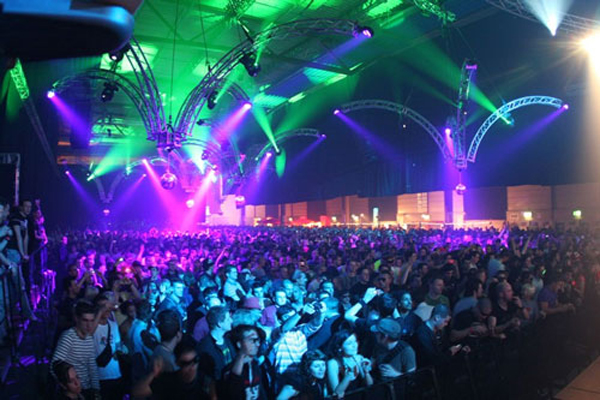
Which brings us to another important difference: DJs play other people’s music. While it’s true that top DJs are, basically without exception, also top producers, the foundation of the DJ’s artform is in the appropriation and manipulation of other musicians’ work. True, of course, the best DJs are usually the most creative, but the DJ is at heart still the selector, whereas the rock star was the standout performer in his group.
We loved our rock stars for their originality, their technical virtuosity and their performativity. A rock star wields his (and it is a he, let’s face it) axe or mic stand like a great electric phallus – that’s the essence of his stage sexuality – while the DJ’s performativity relies on lighting rigs and video effects. The DJ’s art is completely different from the rock star, and that’s a reflection of context. So yes, the DJ is the closest thing to a successor to the fading rock stars, but for all the amazing EDM and pounding, writhing armies of dancefloor fans, it’s worth giving a moment’s silence in honour of a time when the best stage shows were screaming, sweaty excursions into a fierce musical masculinity that, for better or worse, the world has decided to leave behind.
